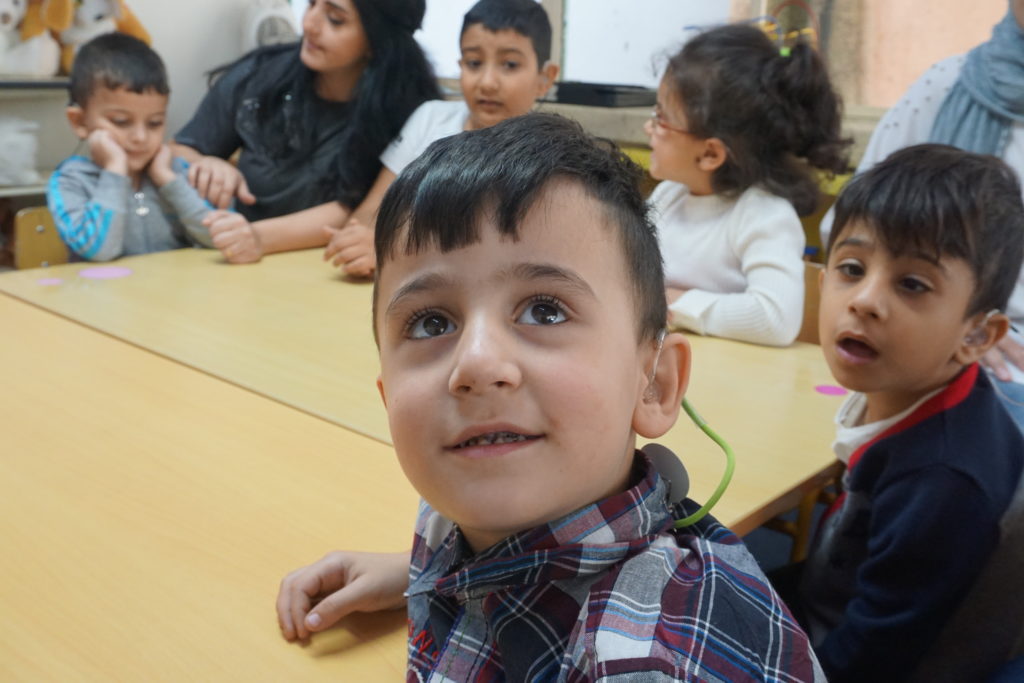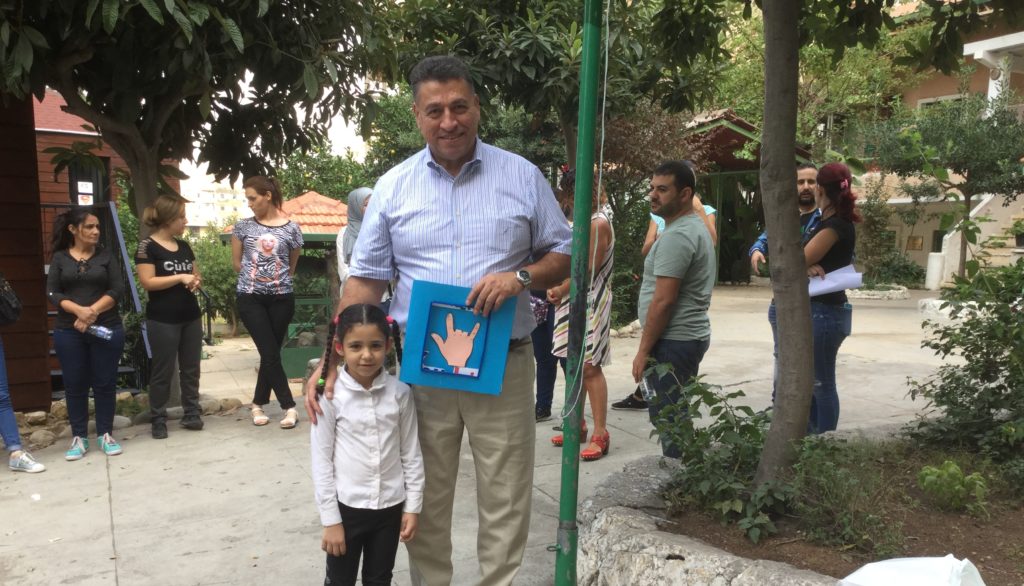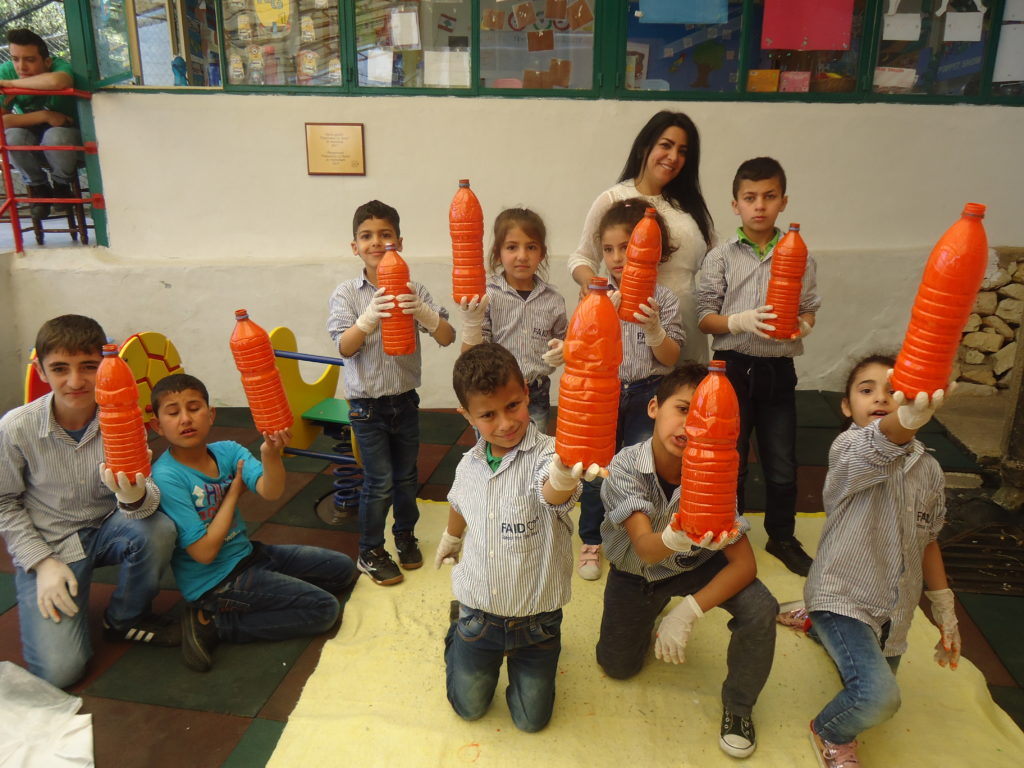Our Affiliated Project:
The Father Andeweg Institute for the Deaf in Beirut, Lebanon
Renowned for its towering cedar trees, Lebanon boasts fertile valleys, snow-capped, ore-rich mountains and — in a region where water is scarce — sixteen rivers that flow into the glistening Mediterranean Sea along Lebanon’s western coast. This small, Middle Eastern country has an incredibly rich culture, evincing the influence of Greek, Roman, Arab, Ottoman Turk, and French civilization. However, Lebanon’s wealth of diversity has also contributed to its turbulent history.
Lebanon continues to suffer repercussions of a history riddled with both civil and international wars. Poverty, unemployment and the ever-present threat of war are tragic realities here. These threats are most pronounced in Beirut, the nation’s capital. Settled over 5,000 years ago, this historic city is Lebanon’s largest and primary seaport, but it is also afflicted with dire poverty and its socioeconomic effects. The anguish of living in poverty becomes even starker when compounded by the complications of a disability. For this reason, the Father Andeweg Institute serves as a beacon of hope.
Founded in 1957, this unique institution provides deaf children with a basic education as well as specialized training to enable them to become self-sufficient. It plays a crucial role in giving these hearing-impaired — and often destitute — children the opportunity to rise above the challenging circumstances that they face.



Serving a Marginalized Population in Lebanon